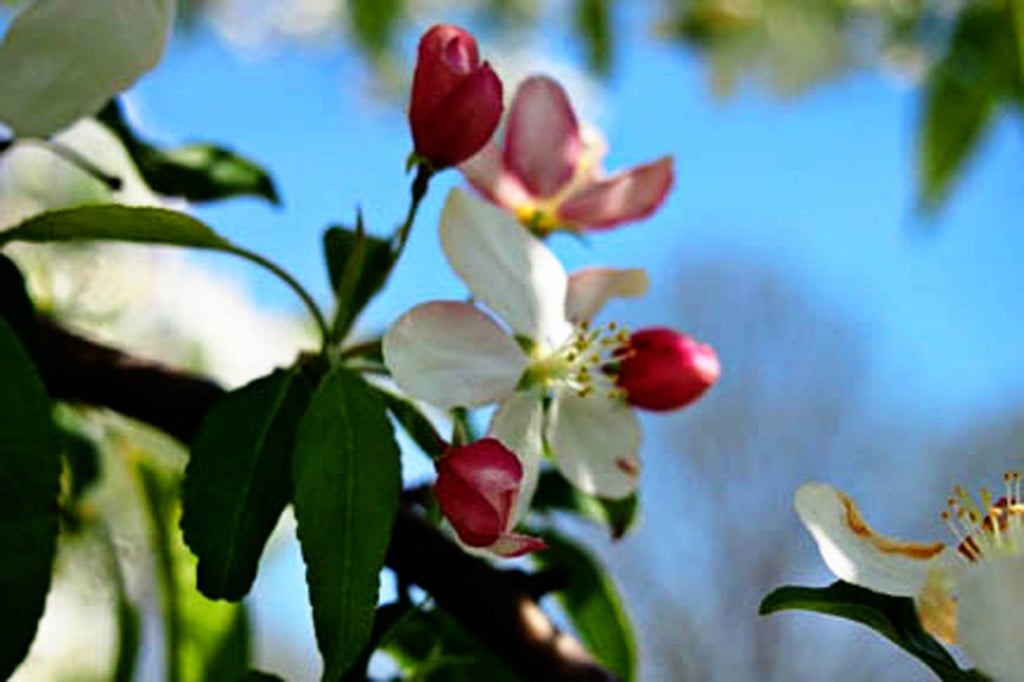A lot of people think karma is something like a boomerang — that you throw it at someone and it comes back and hits you in the head. Other people confuse karma with a deity of vengeance.
Karma is more like a garden. You plant seeds, you tend them, you harvest crops, you plant the seeds from your harvest. There are three types of karma with Sanskrit names. At their simplest, they translate as:
- Dormant (Sanchita) Karma
- Active (Prarabdha) Karma
- Potential (Kriyamana) Karma
Active karma is an area in which we have the least choice choice; it constitutes our fate. If you spent the last few decades cultivating an apple orchard, there are now apple trees all around you and apples falling to the ground full of apple seeds. It’s too late to wonder if you would have preferred to plant a different tree.

Dormant karma is the seeds you’ve been harvesting from the apples. You have a choice whether to plant them and nourish them through sapling phase and grow new trees. You could decide not to plant any more apple seeds.
Potential karma is the blossoms. These are already growing and, left unchecked, will turn into apples in a few months. It’s much harder to snip all the blossoms off the tree than it is to not plant the tree in the first place, so potential karma is harder to change than dormant karma.
As Pandit Rajmani Tigunait says in From Death to Birth: Understanding Karma and Reincarnation:
We may not be able to stop the course of events caused by prarabdha karma, but we are free either to accumulate the fruits of our karmas or to renounce them. Hoarding the fruits creates an environment of further involvement — potential karmas — but those who entertain destiny joyfully and wisely, who are free from both attachment and aversion to the experiences that destiny brings, renounce the fruit of their actions and thus do not form potential karmas.
The problem with karma isn’t that it’s “a bitch” or that it’s “going to get you.” The problem is that at some point you decide you don’t want to cultivate gardens anymore and your soul is ready to go home. There’s nothing wrong with an apple orchard, but if you don’t want to continuously grow apples forever, you will at some point need to renounce the fruits rather than continually planting their seeds.















